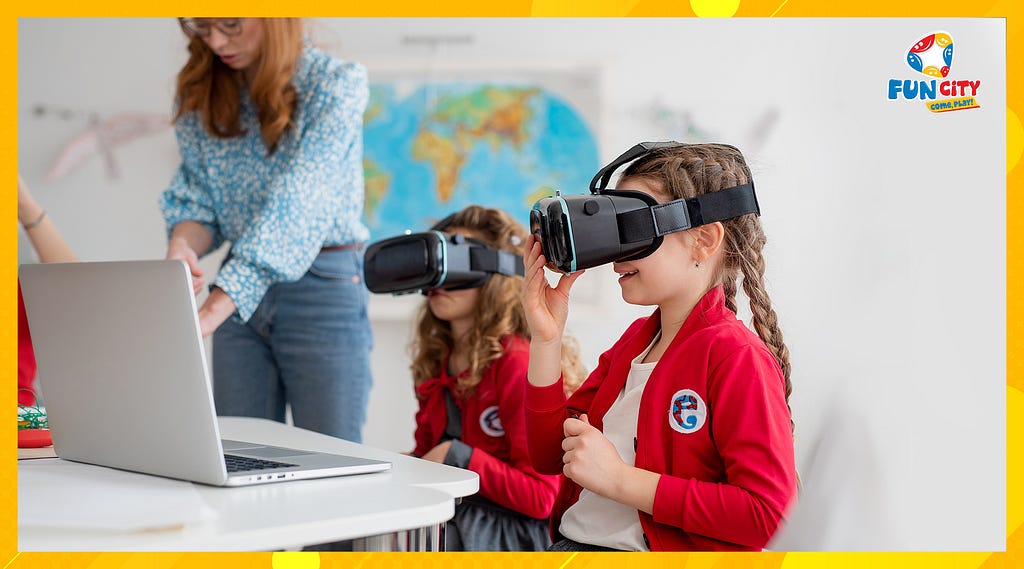August 17, 2023

In recent years, video games have evolved from mere entertainment to powerful educational tools, challenging traditional learning methods. Parents and educators are beginning to recognize the immense educational potential that lies within these interactive digital experiences. Far from being mindless distractions, well-designed video games can engage and motivate learners, imparting valuable skills and knowledge in a way that is both enjoyable and effective. Let’s explore the educational power of video games and how they can revolutionize modern learning.
Video games have an innate ability to captivate players, keeping them engrossed for hours. This engagement is a result of the interactive and immersive nature of gaming. When learning becomes enjoyable, students are naturally more motivated to invest time and effort into it, leading to improved knowledge retention and understanding.
Many video games present complex challenges that require strategic thinking and problem-solving skills to overcome. Players must analyze situations, make decisions, and adapt their approach based on outcomes. These experiences foster critical thinking and encourage learners to develop creative solutions to real-world problems.
Action-oriented video games often demand precise hand-eye coordination and fine motor skills. Playing these games can enhance a child’s dexterity and coordination, which can have practical applications in other areas of life, such as sports or art.
Certain video games require players to process and remember large amounts of information, enhancing cognitive skills and memory capacity. This ability to retain and recall information can prove valuable in academic settings and beyond.
Multiplayer and online games provide opportunities for collaboration and teamwork. Players must communicate effectively, delegate tasks, and work towards a common goal, promoting social skills and fostering a sense of camaraderie.
Many video games are set in historically accurate or fantastical worlds, exposing players to various cultures and historical periods. This immersive experience can spark curiosity and encourage learners to explore further in books or educational resources.
Narrative-driven video games with compelling storylines can improve language and literacy skills. Reading dialogue, deciphering complex texts, and following intricate plots all contribute to language development.
Video games related to science, technology, engineering, and mathematics (STEM) can introduce complex concepts in an interactive way. They can inspire interest in these fields and potentially pave the way for future careers.
Story-driven games often evoke strong emotions and empathy for the characters’ experiences. By putting players in someone else’s shoes, these games can promote emotional intelligence and a deeper understanding of others.
Video games frequently receive updates, introducing new content and challenges. Players must adapt to these changes, fostering a mindset of continuous learning and adaptability essential skills in today’s rapidly changing world.
Incorporating video games into educational practices requires thoughtful selection and moderation to ensure a healthy balance with other activities. Parental guidance and teacher involvement are crucial in guiding children towards educational and age-appropriate games.
In conclusion, video games have evolved into valuable educational tools, offering a wide range of benefits for learners of all ages. By harnessing the educational power of video games, we can create a more engaging and effective learning environment, equipping the next generation with essential skills and knowledge to thrive in the 21st century.